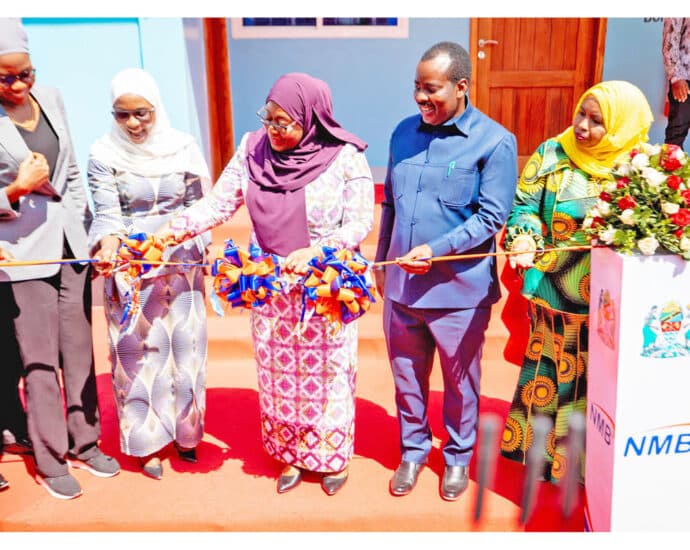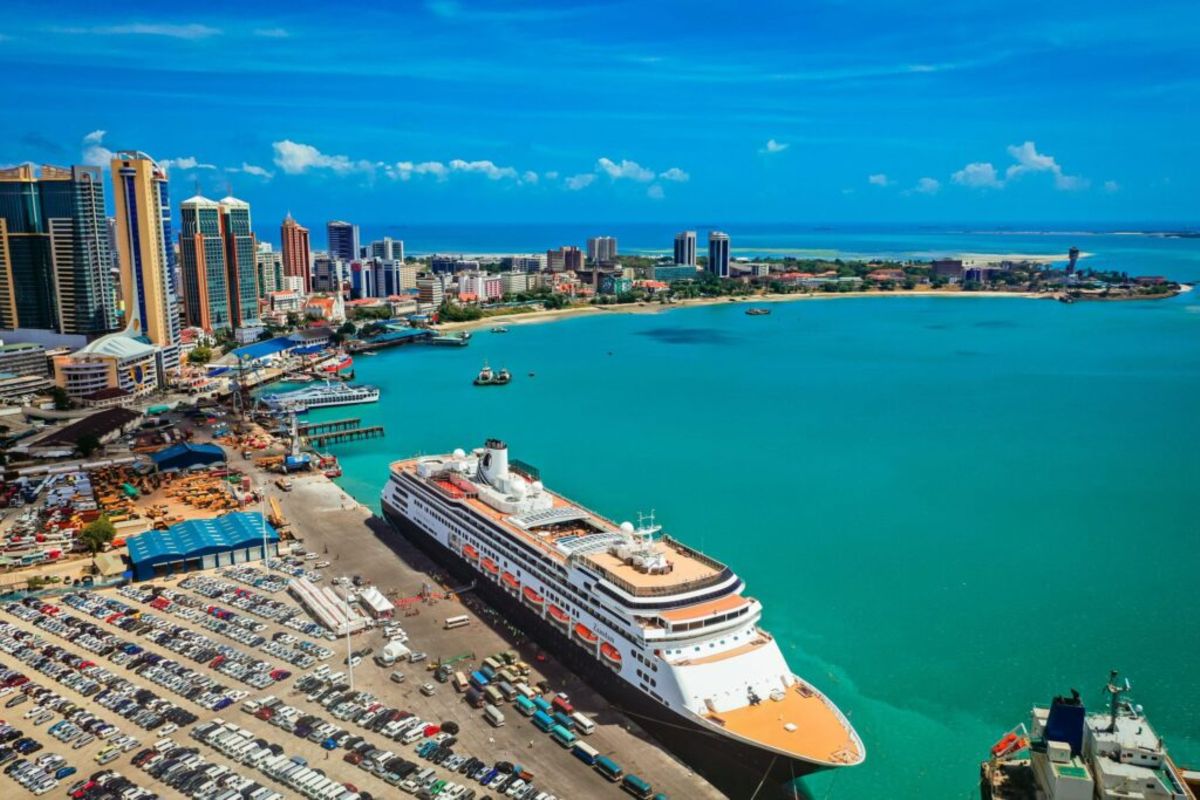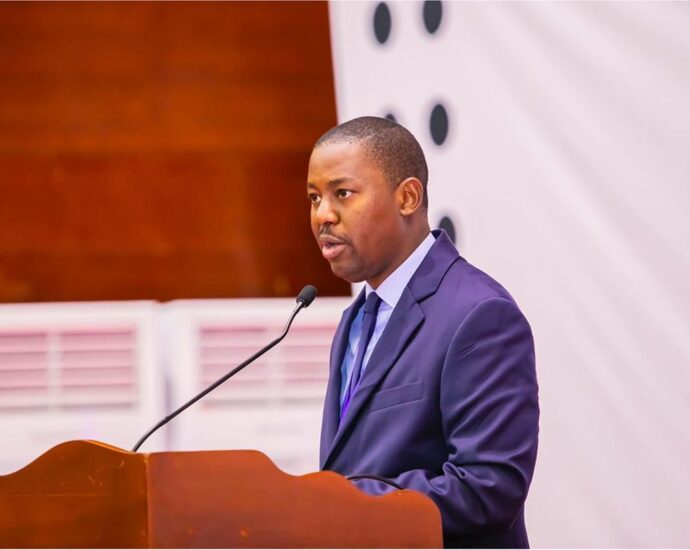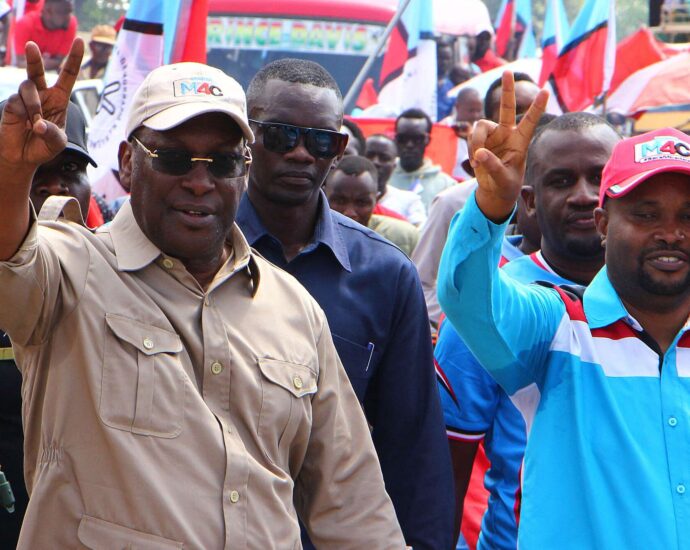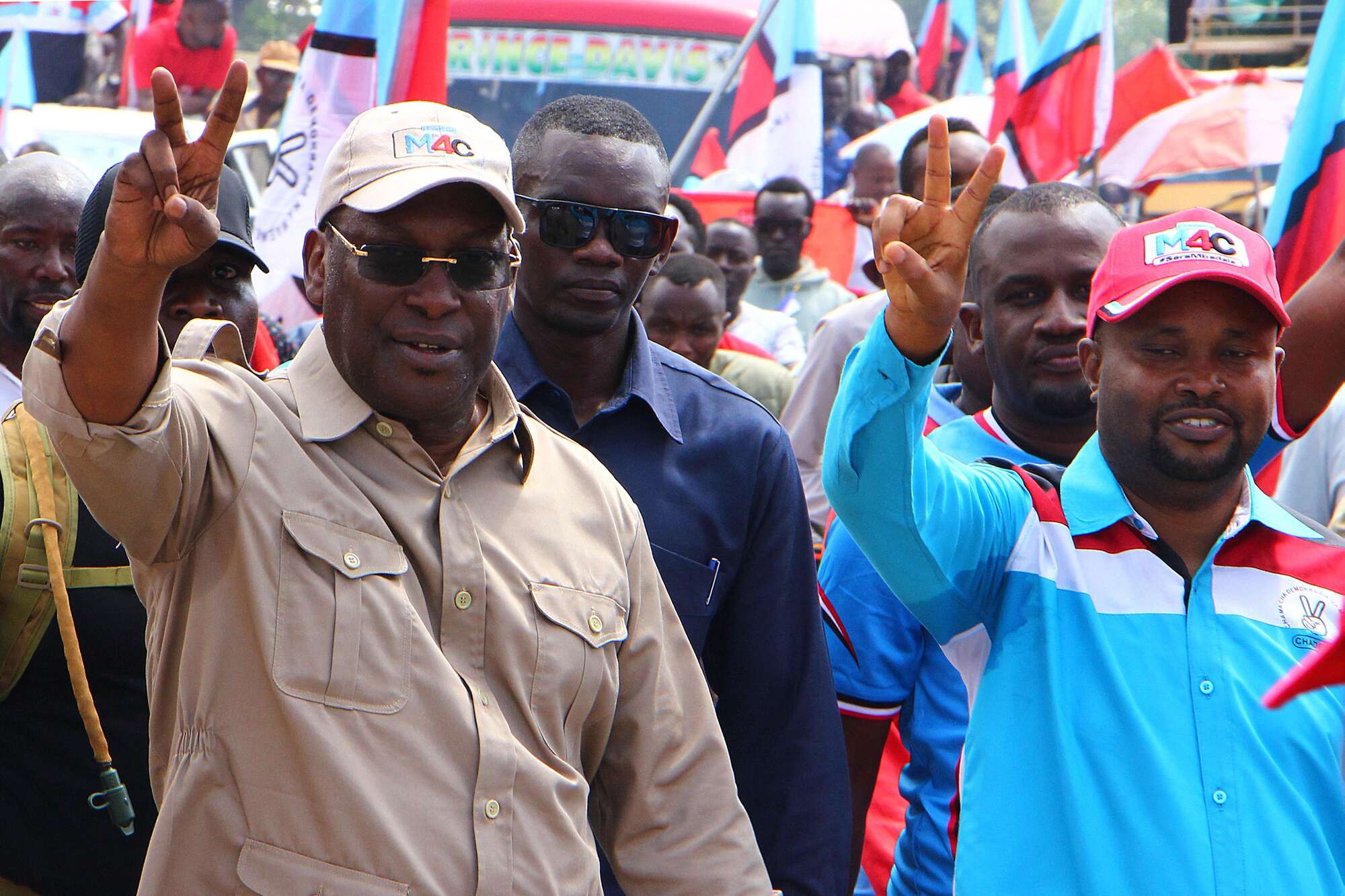Kenyan banks post 75pc profit growth in Tanzania

Subsidiaries of Kenyan banks have posted a 74.7 percent jump in pre-tax earnings in Tanzania to TSh91.4 billion (Sh4.36 billion at the current exchange rate) for the half year ended June 2024, highlighting the growing influence of regional banking business.
Data from the Bank of Tanzania (BoT) shows that the latest pre-tax profit was a jump from TSh52.3 billion (Sh2.49 billion) in a similar period last year.
KCB Bank Tanzania topped the profitability chart among Kenyan banks in a market that also includes Equity Bank Tanzania, DTB Tanzania, NCBA Tanzania and I&M Tanzania.
All five banks, which have 76 branches in Tanzania, recorded double-digit percentage growth in pre-tax profits, increasing the share of subsidiary profits in the parent companies’ profits. The TSh91.4 billion profit at the current exchange rate is 77.3 percent of the Sh5.64 billion that Kenyan banks earned from the Tanzanian market in the financial year ended December 2023.
Kenyan banks have enjoyed higher profits in Tanzania on the back of cooling inflation and improving asset quality. Headline inflation stood at 3.1 percent in May, while the non-performing loans (NPLs) ratio stood at 4.4 percent in May 2024, below the five percent that the BoT classifies as a “tolerable level”.
The NPL ratio has been on a downward trend and inflation is cooling, stimulating credit growth. This contrasts with Kenya, where loan defaults have risen, pushing the NPL ratio above 15 percent.
In the half year under review, KCB led the way with pre-tax profits up 51 percent to TSh38.7 billion (Sh1.84 billion) in a market where it operates 16 branches.
DTB Tanzania followed with a tripling of pre-tax profits to TSh25.2 billion (Sh1.2 billion), helped by its 29 branches. The tripling of profits from TSh7.73 billion (Sh367.9 million) helped DTB overtake Equity to become the second most profitable subsidiary in Tanzania.
Equity Bank Tanzania posted a 12 percent increase in pre-tax profits to TSh14.01 billion (Sh666.8 million) as I&M Bank Tanzania’s profits jumped 4.8 times to TSh7.3 billion (Sh347.5 million).
The more than fourfold increase in I&M’s profits in Tanzania saw it overtake NCBA Tanzania, whose pre-tax profits rose 13 percent to TSh6.15 billion (Sh292.7 million).
The BoT said last month that it expected credit to the private sector to remain strong on the back of improving global and domestic economic conditions.
On an annual basis, private sector credit growth averaged 16.4 percent in the second quarter of 2024, down from 17.1 percent in the previous quarter.
Kenyan banks have benefited from growing profits in regional markets including Tanzania, Uganda, Burundi, DRC Congo, Rwanda, Mauritius and South Sudan.
Data from the Central Bank of Kenya shows that profit before tax from regional subsidiaries stood at Sh66.13 billion in the financial year ended December 31, more than double the Sh32.51 billion reported in the previous year.
The DRC was the biggest contributor with a pre-tax profit of Sh30 billion, followed by Rwanda (Sh13.8 billion), Uganda (Sh8.9 billion), Tanzania (Sh5.64 billion), South Sudan (Sh4.4 billion), Mauritius (Sh2.24 billion) and Burundi (Sh1 billion).



